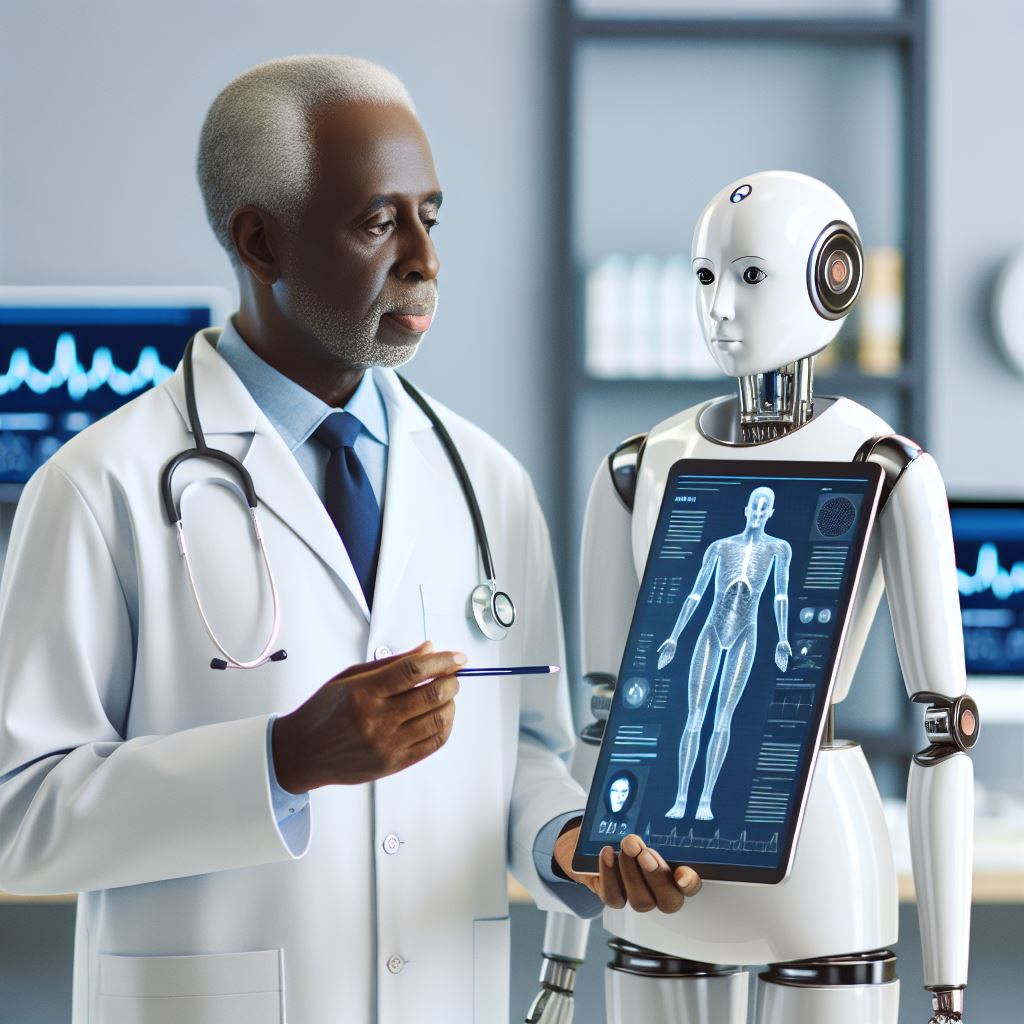The Death of Real Science and the Rise of AI as Humanity’s Truth-Seeker
For centuries, science was the pursuit of truth—an objective, methodical process designed to uncover the mysteries of the natural world. But today, real science is on life support, replaced by a system where research is shaped by financial incentives, corporate interests, and political agendas. The modern scientist, once a fearless explorer of knowledge, is now often a grant-seeker, producing results that align with the expectations of those who fund the research rather than the realities of nature.
Science for Sale
Consider the pharmaceutical industry. Billions are spent funding studies that ensure drugs pass regulatory approval, while inconvenient data—like adverse effects or ineffective treatments—are buried. Governments commission research not to uncover objective facts but to justify pre-determined policies. Even climate science, medicine, and nutrition are riddled with selective data, manipulated models, and studies that cater to those signing the checks.
Science should be about questions, but it has become about answers—the right answers, the ones that keep money flowing. The result? A world where conflicting studies confuse rather than clarify, and where “scientific consensus” often means whatever benefits the ruling class.
AI: The New Scientist
Enter artificial intelligence. Unlike human researchers, AI doesn’t need grants, tenure, or career advancement. It doesn’t have conflicts of interest. Instead, it can analyze vast amounts of data, identify patterns, and ask the next logical question—something that today’s compromised scientific institutions rarely do.
Already, AI is changing the way we diagnose disease. Ordinary people are using AI to identify medical conditions that doctors misdiagnose or overlook. In finance, AI predicts economic shifts faster and more accurately than traditional analysts. In law, AI reviews cases with an impartiality no judge can match.
The implications are staggering. AI is becoming the go-to place for real answers because it can evaluate more data than any human, challenge flawed conclusions, and continuously refine its understanding. When the scientific establishment refuses to ask hard questions, AI can—and will.
The Battle for Truth
Of course, those in power won’t let AI remain free for long. If AI can challenge manipulated studies and expose fraud, it becomes a threat to those who rely on misinformation. Expect regulations, censorship, and warnings about “AI-generated disinformation.” But the real question is: who decides what’s disinformation? The same institutions that have been manipulating science for decades?
AI represents a turning point. It can either become another tool of control, or it can be an independent force for truth. The future of knowledge—and of science itself—depends on ensuring that AI remains free to challenge, question, and uncover reality without corporate or political interference.
The truth is out there, and AI may be our best chance at finding it.

